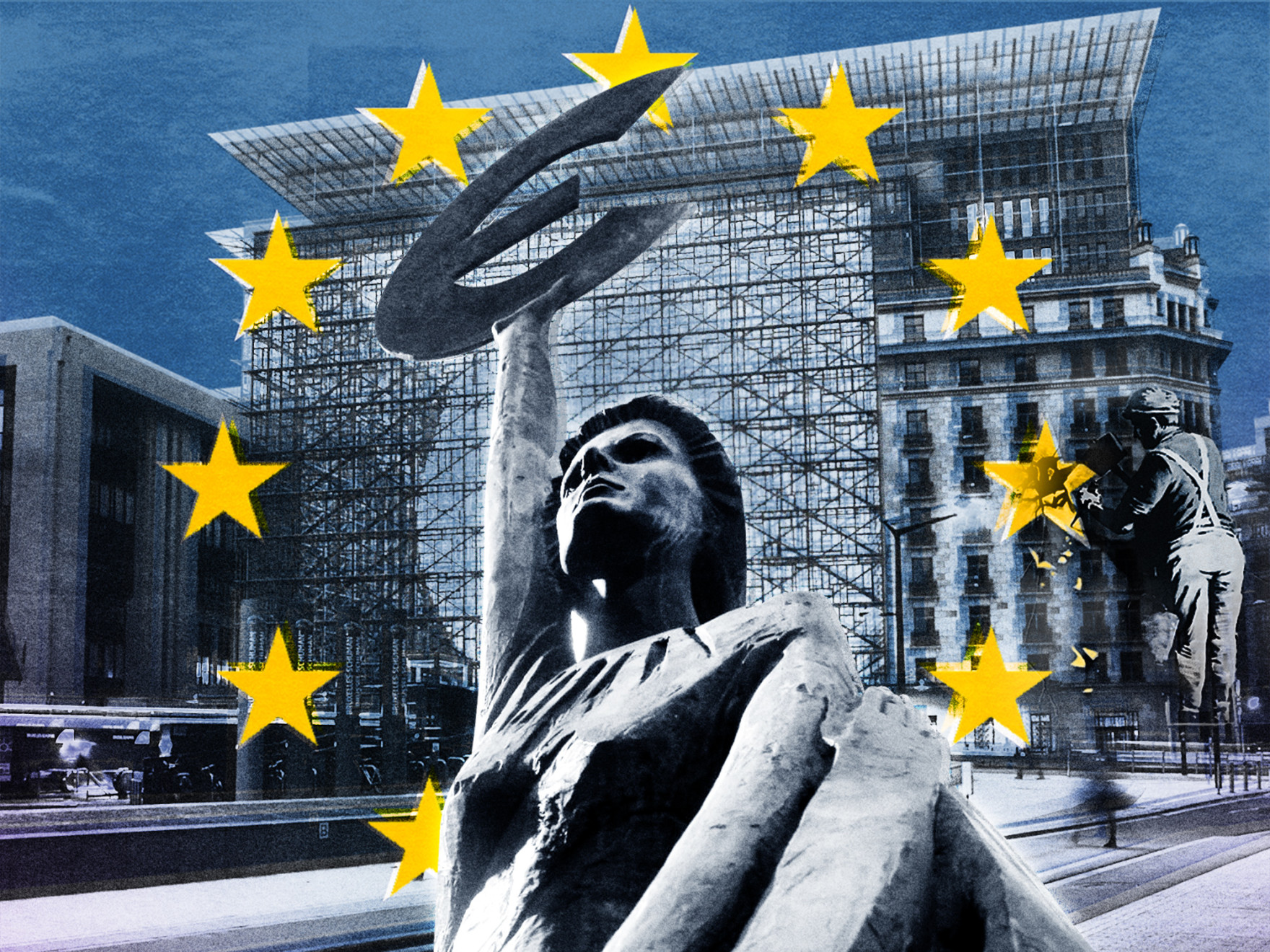Recent elections in the U.K. and France have the potential to reshape European politics significantly. The results, with Keir Starmer’s Labour Party winning in the U.K. and Marie Le Pen’s far-right National Rally gaining ground in France, could have profound implications for the entertainment industry. This article explores how these political shifts might affect various sectors, including film, television, art, fashion, music, and publishing.

The U.K. Election: A New Era for Labour
A Landslide Victory for Labour
Keir Starmer’s centrist Labour Party achieved a historic landslide victory in the U.K. election, securing at least 412 parliamentary seats compared to the 121 seats won by Rishi Sunak’s outgoing Conservatives. This victory marks the most convincing win for Labour since Tony Blair’s sweep in 1997 and the worst performance ever for the Tories.
Impact on the Entertainment Industry
Under Conservative rule, the U.K.’s entertainment industry faced significant challenges. Despite contributing $26.5 billion to the economy in 2022, the sector has been starved of funding. The Department for Culture, Media, and Sport (DCMS) saw a 24% budget cut from 2010 to 2015, and the government threatened to cut support for the BBC by axing its license fee.
Labour’s victory brings hope for increased support and funding for the entertainment sector. Paul W. Fleming, general secretary for Equity, emphasized the need for the new government to address high upfront fees, make Universal Credit fairer for freelancers, and support public subsidy for decent union terms.
Labour’s Promises to Creatives
Although Labour’s election manifesto lacked specific commitments for the entertainment sector, their “Creating Growth” plan praised U.K. creatives and public service broadcasters like the BBC, Sky, ITV, and Channel 4. The industry hopes that Labour will end the political attacks on the BBC and recognize its crucial role in the creative ecosystem.
The French Election: A Far-Right Surge
National Rally’s Success
In France, the political landscape shifted rightward with Marie Le Pen’s far-right National Rally (RN) winning 33% of the vote in the first round of parliamentary elections. This success follows RN’s strong performance in the European elections, which prompted President Emmanuel Macron to call for snap parliamentary elections.
Concerns for the French Entertainment Sector
The rise of the far-right poses a significant concern for the progressive segments of the French entertainment industry. Antoine Le Bos, whose Le Groupe Quest supports film labs and writing workshops, noted that the success of RN has been a wake-up call for those in independent cinema and TV who believe in creating a culture with a humanist message.
Potential Impacts on Policy
The results of the French election could lead to substantial changes in immigration policy, support for NATO, and attitudes towards the war in Ukraine. While these issues may seem distant from the entertainment industry, they can indirectly influence funding, cultural exchange, and international collaborations.
Industry Reactions and Future Outlook
Hope for Increased Support in the U.K.
The entertainment industry in the U.K. is optimistic about the potential changes under the new Labour government. Philippa Childs, head of the broadcaster workers union Bectu, expressed relief at the end of political hostility towards the BBC and highlighted its importance in the creative industries. James Burstall, CEO of production group Argonon, is hopeful for strong, sustainable support for the sector.
Concerns in France
In contrast, the French entertainment sector is wary of the potential cultural shift under a far-right government. The industry’s progressive factions fear losing their cultural identity and the humanist values that have been central to French cinema and television.




